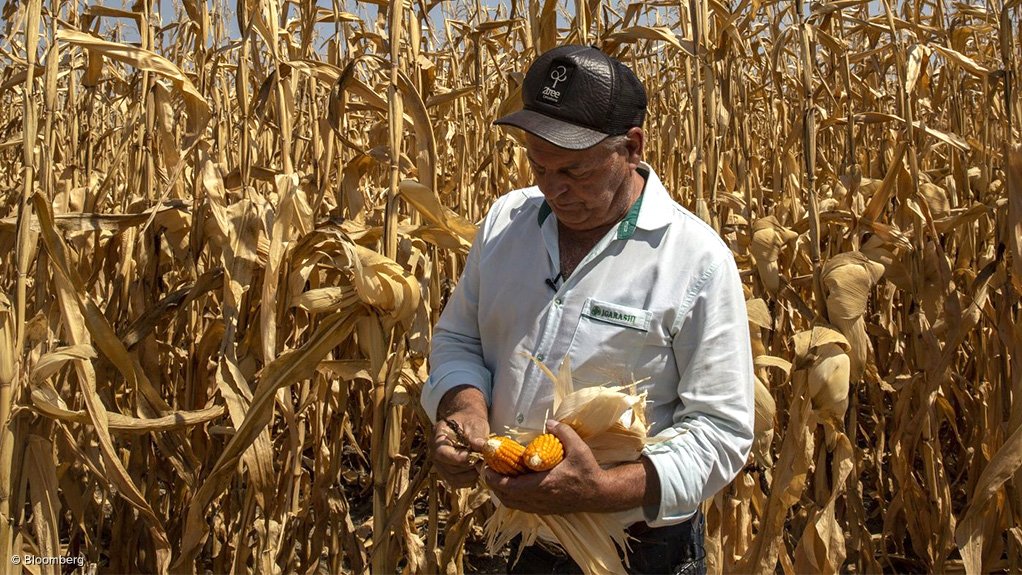Using the experience gained from the Covid-19 pandemic, finance service company African Export–Import Bank (AFREXIMBANK) has launched the Africa Trade Exchange (ATEX) platform to mitigate the impact of the Russia and Ukraine crisis on food prices in Africa.
Russia and Ukraine are the biggest suppliers of sunflower oil and wheat with many African countries depending on them for supplies.
AFREXIMBANK has collaborated with the African Continental Free Trade Area (AfCFTA) Secretariat and the United Nations Economic Commission for Africa (Uneca) to launch the digital platform, which will pool-procure bulk basic commodities to ensure countries access scarce supplies transparently and equitably.
The Russia and Ukraine crisis has seen price increases in agricultural products and cereals and fertilisers.
African countries are now forced to rely on low domestic production for staple goods.
Uneca says the ATEX will be used in conjunction with the current ecosystem that supports the implementation of the AfCFTA agreement.
“ATEX will help realize the development potential of e-commerce and digitalisation, particularly by facilitating access for small and medium-sized enterprises to the wider African market. This will enhance intra-African trade and the African trade position in the global market, thus assisting in adjusting to disruptions in supply chains and continued growth of African businesses and economies,” it said.
Larger challenges include potential supply chain constraints that can raise prices, increased vulnerability and food insecurity, and unsustainable pressure on already stretched fiscal environments.
To support supply chain resilience, ATEX will digitally enable the trade of cereals (including wheat, maize, and grains), fertiliser and associated inputs, oils, oilseed, as well as other products and inputs critical to support agricultural value chains.
Uneca says aggregating its demand for these commodities will allow Africa to negotiate for competitive prices, especially for cereals and grains, assuring net food importers of the access and affordability of commodities like wheat and maize.
At the same time, aggregating fertiliser demand from importing countries can deliver African producers of inputs such as fertilisers, ensuring timeliness and affordability, and thereby reducing the risk of food shortages.
“Through this and other comparable programmes, Africa is demonstrating leadership and ownership over its own challenges. But to say this is an African solution to an African problem is not to dismiss or discourage international collaboration – indeed, our global partners will be pivotal in ensuring that Africa is included in the conversation on supply chain resilience.
“Africa must develop a more secure and stable mechanism to obtain critical commodities and cultivate stronger intra-African links between suppliers. ATEX represents only a fraction of Africa’s economic and innovative potential, but it promises a transformation in the continent’s approach to imports and trade,” said Uneca.
EMAIL THIS ARTICLE SAVE THIS ARTICLE ARTICLE ENQUIRY
To subscribe email subscriptions@creamermedia.co.za or click here
To advertise email advertising@creamermedia.co.za or click here











